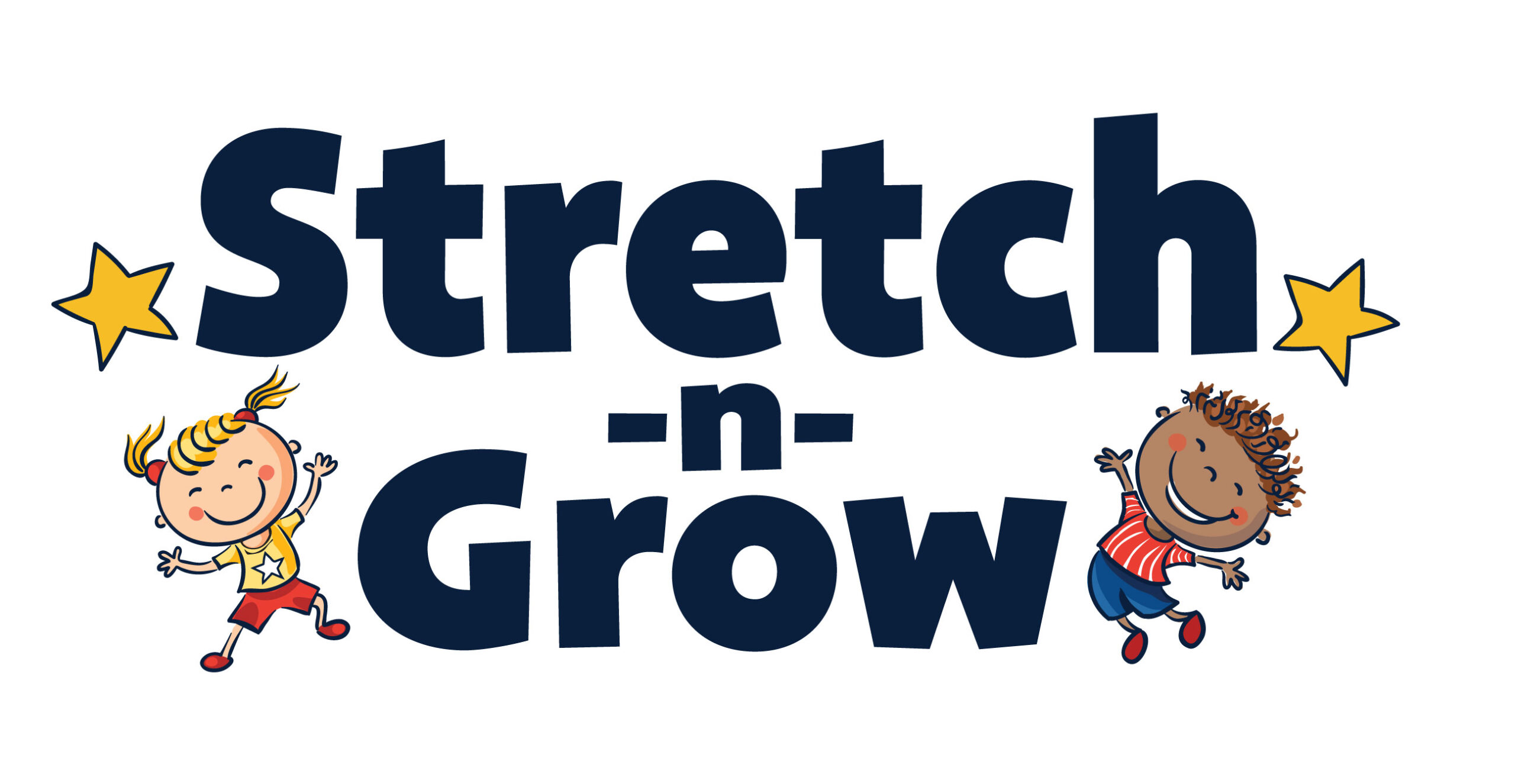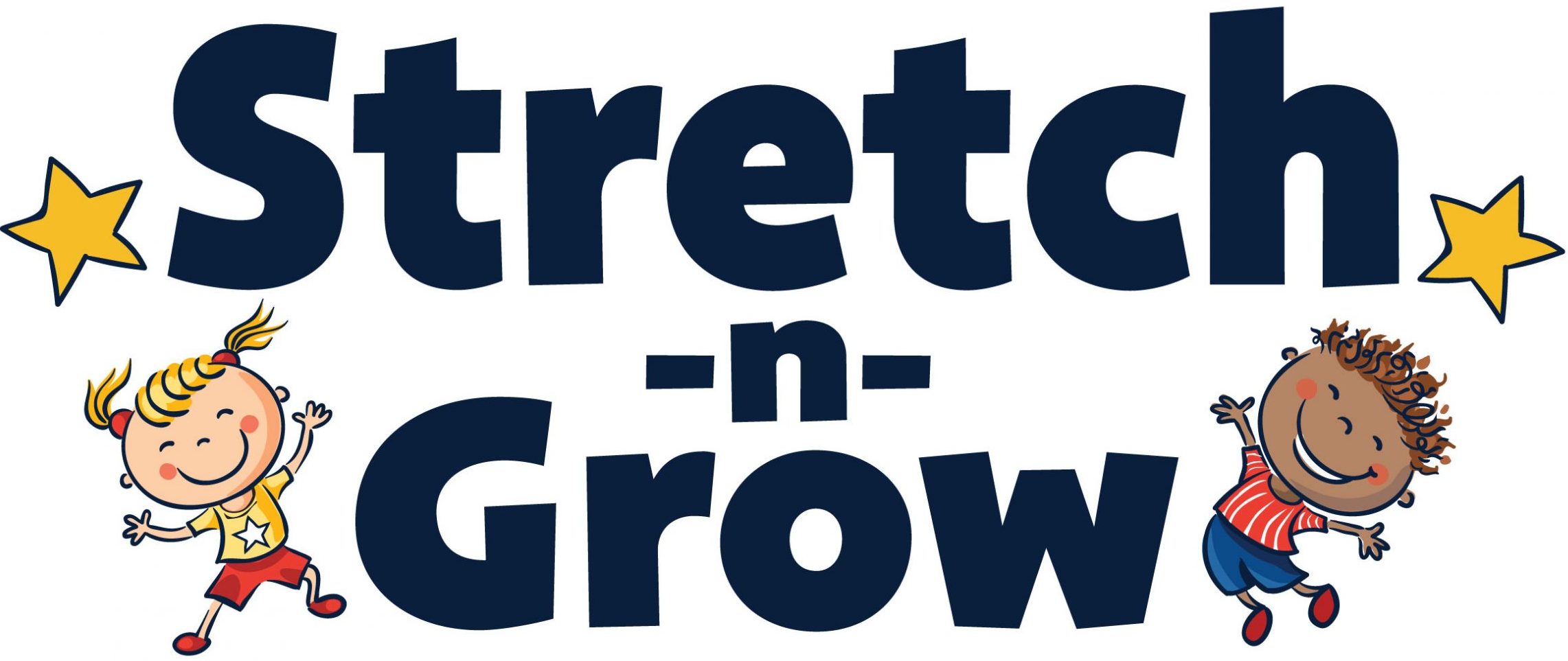IN 1986, in a few of the poorest neighbourhoods in Kingston, Jamaica, a team of researchers from the University of the West Indies embarked on an experiment that has done a great deal, over time, to change our thinking about how to help children succeed, especially those living in poverty. Its message: Help children by supporting and coaching their parents.
The researchers divided the families of 129 infants and toddlers into groups. The first group received hour long home visits once a week from a trained researcher who encouraged the parents to spend more time playing actively with their children: reading picture books, singing songs, playing peekaboo. A second group of children received a kilogram of a milk-based nutritional supplement each week. A control group received nothing. The interventions themselves ended after two years, but the researchers have followed the children ever since.
The intervention that made the big difference in the children’s lives, as it turned out, wasn’t the added nutrition; it was the encouragement to the parents to play. The children whose parents were counselled to play more with them did better, throughout childhood, on tests of I.Q., aggressive behaviour and self-control. Today, as adults, they earn an average of 25 percent more per year than the subjects whose parents didn’t receive home visits.
The Jamaica experiment helps make the case that if we want to improve children’s opportunities for success, one of the most powerful potential levers for change is not the children themselves, but rather the attitudes, beliefs and behaviours of the adults who surround them.
More recent research has helped to uncover exactly how that change can take place. Psychologists including Mary Dozier at the University of Delaware and Philip Fisher at the University of Oregon have studied home-visiting interventions in which parents of infants and young children are provided with supportive, personalized coaching that identifies and reinforces the small moments — such as the face-to-face exchanges sometimes called “serve and return” interactions — that encourage attachment, warmth and trust between parent and child. More





